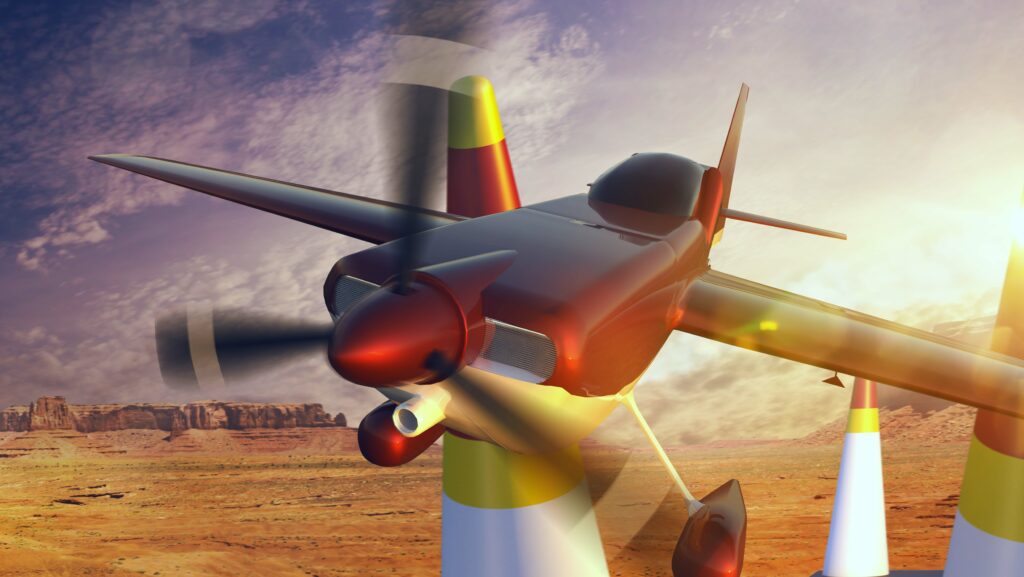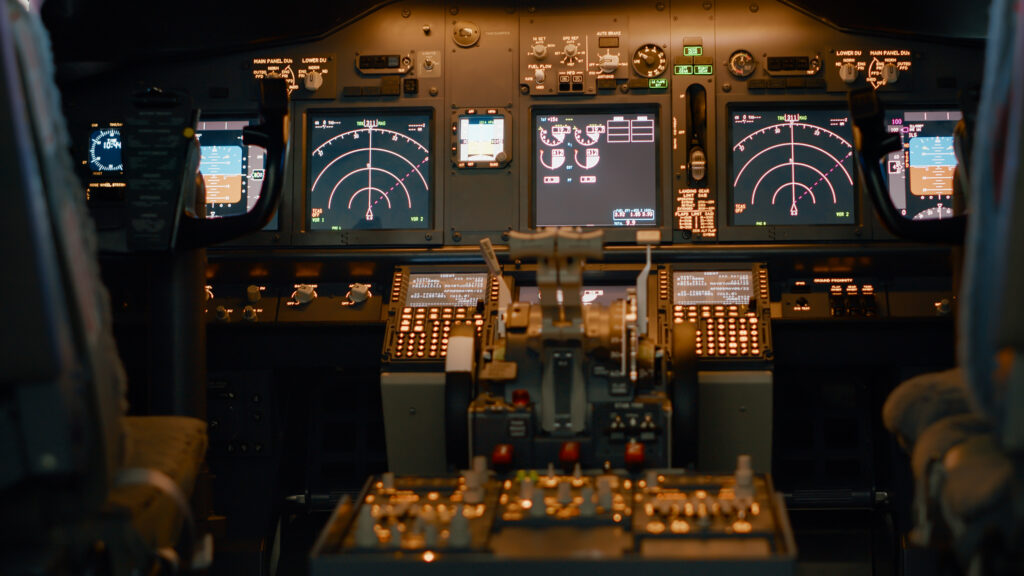Aircraft fuel testing is critical for assuring aircraft safety and efficiency. To ensure maximum performance and the safety of the crew and passengers, airplane fuel must meet high-quality standards. Regarding aviation safety, one factor that must be considered is the quality of airplane fuel. It is critical to ensure the purity and integrity of aviation fuel for the efficient operation of an aircraft and the safety of everyone on board. This is where aircraft fuel testers can help.
This important equipment assists aviation experts in determining the quality of fuel before it is loaded into tanks. However, with so many alternatives on the market, selecting the best airplane fuel tester might be difficult. In this post, we’ll look at the six most important things to consider when choosing the best fuel tester for your aircraft.
Choosing the Right Aircraft Fuel Tester
- Accuracy and Precision
- One of the most important considerations when selecting a gasoline tester is its accuracy and precision. Even the slightest level of pollutants or impurities in the fuel should be detectable by the tester. Look for testers who use innovative sensor technology to deliver precise results, guaranteeing that your aircraft’s engines are fueled with the best product available.
- Compatibility with Aircraft Fuel Systems
- Aviation fuels can differ, with some aircraft using Jet-A and others using Avgas. Make certain that the fuel tester you select is compatible with the precise type of gasoline used by your aircraft. For operators who work with a range of aircraft, a versatile tester that can handle several fuel types may be a sensible purchase.
- User-Friendly Design
- The aviation industry expects efficiency from its tools, and the same is true for the tools themselves. Choose a fuel tester with a user-friendly design, intuitive controls, and an easy-to-read display. During pre-flight tests, a well-designed tester can save time.
- Durability and Longevity of Fuel Testers
- Aircraft operations can be taxing, and your fuel tester should be up to the challenge. Choose a tester that has been designed to resist the rigors of the aircraft environment. A gasoline tester’s capacity to withstand the demands of its intended use is shown by its robust construction, excellent materials, and durable exterior.
- Maintenance and Calibration
- Regular maintenance and calibration are essential for the proper operation of any testing equipment. Prioritize testers with simple maintenance processes and the opportunity for simple calibration. This assures that your fuel tester will stay dependable and accurate in the long run.
- Data Recording and Connectivity
- The ability to record and store data is critical in the digital age. A modern fuel tester should have the ability to digitally record test findings, providing a clear history of fuel quality over time. Some advanced tests even include connectivity features that allow you to send data to other devices or systems for further examination.
- Cost-effectiveness and Value for Money
- It is not just the initial investment that is important, but also the long-term costs of owning a fuel tester. Some versions may necessitate frequent calibration or replacement parts, which can quickly add up. Investing in a higher-quality fuel tester that requires less maintenance, on the other hand, may result in long-term savings. When making your decision, consider the overall cost of ownership as well as any recurring fees.
Importance of Aircraft Fuel Testing
- Testing the fuel in your aircraft guarantees that it is free of pollutants and fulfills the stringent quality standards required for safe and efficient flying. Engines, like delicate divas, require the best fuel to perform at their best. By testing fuel on a regular basis, you can catch any undesirable junk that could clog up those valuable engines and spare yourself from pricey repairs down the road.
- It is critical to test fuel for pollutants like water, dirt, and microbial growth to avoid engine damage and potential failures during flight. Furthermore, fuel testing is critical in determining the energy content and composition of the fuel, allowing aircraft operators to precisely calculate fuel consumption and prepare for refueling operations.
- The detection and prevention of contamination are two of the key reasons for aircraft fuel testing. During storage, transit, and handling, aircraft gasoline comes into touch with a variety of pollutants. Water, filth, and microbial growth can all degrade engine performance and raise the risk of engine damage dramatically. By testing fuel for these pollutants on a regular basis, aviation personnel can ensure that only clean and safe fuel is used during flights, reducing the chance of engine malfunctions or failures that could have disastrous repercussions.
- Another significant part of fuel testing is determining the energy content and composition of the fuel. The energy composition of different types of fuel varies, which has a direct impact on the aircraft’s range and fuel consumption. Aircraft operators can plan for effective flight operations, optimize fuel usage, and reduce costs by precisely determining the energy content. Furthermore, fuel composition testing aids in identifying any potential problems with the gasoline, such as the inclusion of additives or impurities that may impair combustion efficiency. This data is critical for preserving the performance and longevity of aircraft engines.
In conclusion, choosing the best aviation fuel tester is a big decision. The precision and dependability of fuel quality checks are critical to the safety and efficiency of your aircraft operations. You may make an informed decision that benefits both your aircraft and the people on board by taking into account elements such as accuracy, compatibility, user-friendliness, durability, maintenance, and data capabilities. Remember that investing in a high-quality fuel tester is an investment in aviation safety.
If you like this article share it and visit us at https://metalchem.com/contact/ for a free consultation about your product needs, feel free to contact us or email us at or********@gm***.com
FAQ
The Ultimate Guide to Understanding Diesel Fuel Test Kits
Agar-Based Dip Slides: A Versatile Tool for Microbiological Testing



